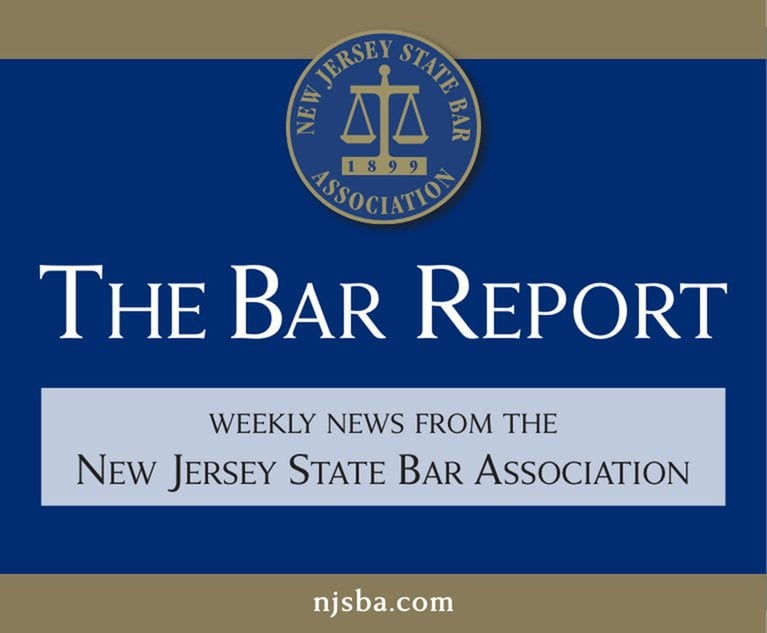“Voir dire is a critical stage [of the jury selection process],” Lawrence Lustberg told the New Jersey Supreme Court in State v. Dangcil, and the jury manager’s role in administratively excusing or deferring potential jurors affects that critical stage. Arguing against the current process that allows a jury manager wide discretion in the beginning stages of empaneling a jury, Lustberg proposed the New Jersey State Bar Association’s (NJSBA) solution to the conundrum: If there’s any question as to whether somebody qualifies to be on the jury under N.J.S.A. 2B:20-1 (outlining the qualifications of jurors), or if there is any question as to their ability to serve under N.J.S.A. 2B:20-10 (outlining reasons for excusal from jury service)—if it’s a close question—the judge should make the decision, in the presence of counsel and the defendant. Lustberg argued the matter as amicus curiae on behalf of the NJSBA. He further advocated for robust documentation of actions taken by the Jury Management Office, as required by statute, so a meaningful review of those excused can be undertaken, if necessary.
The Supreme Court engaged the parties in extensive questioning regarding the method by which the jury management office excused jurors in Dangcil, which the NJSBA and Dangcil argued was skewed. Dangcil was the first defendant to face a hybrid jury selection process following a series of orders from the Supreme Court outlining the procedures for drawing a jury pool under pandemic circumstances. The Jury Management Office summoned 800 people for the jury pool, all but 265 jurors of whom were deemed unqualified to serve. Out of those jurors, the Jury Management Office then granted deferrals of service due to calendaring conflicts without collecting demographics on the jurors. The empaneled jury was ultimately predominantly white and under 50, which Dangcil questioned was reflective of a cross section of the community.


 New Jersey State Bar Association Headquarters, New Brunswick, NJ. Credit: Google
New Jersey State Bar Association Headquarters, New Brunswick, NJ. Credit: Google




